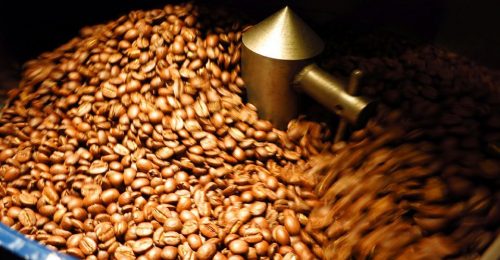Are you a coffee enthusiast who wants nothing but the best for your coffee, and nothing is more convenient than roasting your own coffee beans? If so, then you will love roasting your own coffee beans. There are some things that you should know about roasting your own coffee beans to make sure that the coffee you brew has the highest quality possible. Coffee beans come in different forms including powder, liquid, and cream. Some prefer the cream form since it gives their coffee a rich taste. It’s important to note that organic coffee comes in three different grades including Organic Arabica, Organic Brazilian Arabica, and Organic Colombian Arabica. They have their own unique qualities, and here are a few things that each one has in common with coffee that is certified organic.
All organic coffee beans are grown without the use of chemical fertilizers. Another thing to know is that organic certification means that the farmer had to go through an extensive amount of testing to ensure the beans were free from dangerous insects, fungi, and other pests. This is important to know with organic coffee roasters. In addition to being grown without harmful chemicals, organic coffee beans are also grown in small batches. This is a great way to ensure that the beans do not go bad before you enjoy them. Small batches help prevent the effects of cross-pollination, which can be deadly to many brands. You can roast these batches with organic coffee roasters.
If you want the best taste and want to avoid synthetic ingredients, then it,s important to buy only beans that were cultivated in accordance with the standards set forth by the USDA organic standards program. While the standards vary depending on the type of coffee, there are a number of different standards set forth by the USDA. Some of these standards pertain to general farm and ranch practices, while others relate to the fertilizers and pesticides used on the coffee farms. On an overall level, farmers must make sure that they,re following the standards so that they can be certified as USDA organic.
It,s best to try to find the highest-quality coffee possible, and since organic standards are high, it,s hard to find high-quality beans without using a shade-grown strategy. Shade-grown coffee is higher in quality than traditional outdoor-grown coffee. This is because shade-grown plants are given more attention and time to grow, resulting in the beans being at their freshest before they are shipped to the roaster. When choosing coffee roasters, it,s important to look for those that specialize in shade-grown products.
Finally, it,s important to remember that organic coffee doesn,t always mean organic fertilizer. Traditionally grown coffee does contain nutrients, but they come from organic fertilizer created for that purpose. Shade-grown coffee can also benefit from organic fertilizer, but since the coffee is not actually growing with the soil, it doesn,t need much of it. This is good news for consumers since it means we don,t have to spend a lot of money on fertilizers and pesticides, and it,s better for the environment overall.

